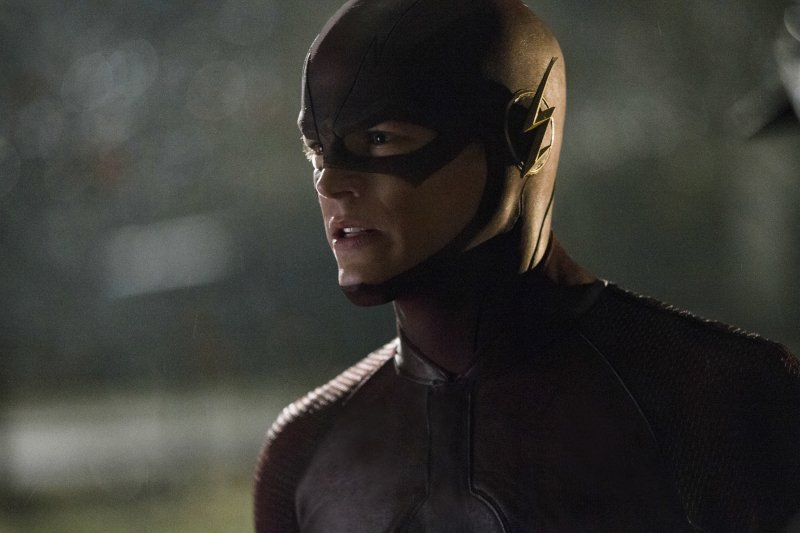
Dummy Jim
Directed by Matt Hulse
UK, 2013
Based on James Duthie’s “I Cycled into the Arctic Circle”, a first-person literary account by a man who accomplished a brave feat in spite of his disability – yet sadly ended his days in an unmarked grave – the quasi-adaptation Dummy Jim pays tribute to not just this mortal man, but also the natural world exalted by his words. The film tells the story of a deaf-mute cyclist with the same name, who travels along the Continent while a group of schoolchildren stage a retelling of his journey for a village fete. Director Matt Hulse’s work sits halfway between a narrative feature and filmic essay, a committedly visual hymn of praise for the minute and grandiose marvels of Earth. Here is an unsentimental eye and ear pressed to all things that impact upon our senses, no matter their size, importance or status.
On paper, Dummy Jim sounds like the sort of protagonist once may classify alongside Forrest Gump, another golden child of the cinema that embodies saccharine-coated triumphs over adversity. Hulse’s approach to his character’s journey is, thankfully, a tad more abstract; animation, live-action, digital and Super8 footage, snapshot reels of every age, colour and texture are compacted together to form a collage of as many earthly wonders as can fit inside 90 minutes. The effect often feels at times arbitrary, though its intentions are justified by the deaf-mute status of Duthie; actor/filmmaker Samuel Dore, who plays Duthie/Jim, would never be able to experience the same film due to his disability. His misfortune impacts upon our appreciation of sounds that build around the film: the tap of a hammer on chisel, the delicate pluck of strings, and the sizzle of a buzzsaw against stone, not unlike bees circling a tree or the caught chain of a bike. The sounds accumulate into a sensorial crescendo, and the frequent postcards of clips that flit on by the screen – from locations, to places in history long forgotten, to varying structures and shapes – present to us the sheer volume of all that we’re privileged to see on earth, and crucially, what little time we have to see and experience it all.
Hulse shows Duthie’s bike breaking down multiple times, followed by the young man’s attempts to fix it. Giving credit to his creator – “God made the sea, but we make the shore” is the least of many poetic monologues that Duthie narrates – Hulse also demonstrates the ingenuity of man in taking the raw materials of our planet and creating something new and innovative, evoking Agnes Varda’s similarly affectionate The Gleaners and I. Duthie’s gravestone is built from scratch across the course of the film, just as a woman knits a sweater for Duthie, and another offers him some bread. The children’s narration that frames the cyclist’s trip exemplifies one piece of work appropriated for another purpose, filtered through subjective perspectives – the kids read innocently, unaware of subtext – just as I am taking Hulse’s finished film for critical review. (I am now reminded of Barry Norman’s admission at the Critics’ Circle two months ago – “All critics are parasites.”)
At times, Hulse risks a sneaky didacticism which he imagines will go over the heads of less discerning viewers. A curious Duthie casts aside a book on human psychology in favour of an edition of the New Testament, and elsewhere namedrops God ample times, though just enough to warrant acknowledgement and not risk overt moralising. Even so, the filmmaker can express whichever faith he so chooses, and anyone scared away by the beliefs on show can make that decision on their own terms. Hulse is nevertheless working too subtly to drive any idea here into complete submission; his sole usage of force is in the urgent, necessary influx of visual and aural stimuli, all for optimistic credit to a ready-made earthly canvas, and our potential to build of it limitless works of art, towering or modest, complex or beautifully simplistic.
Ed Doyle

Visit the official website of the East End Film Festival for more info.



